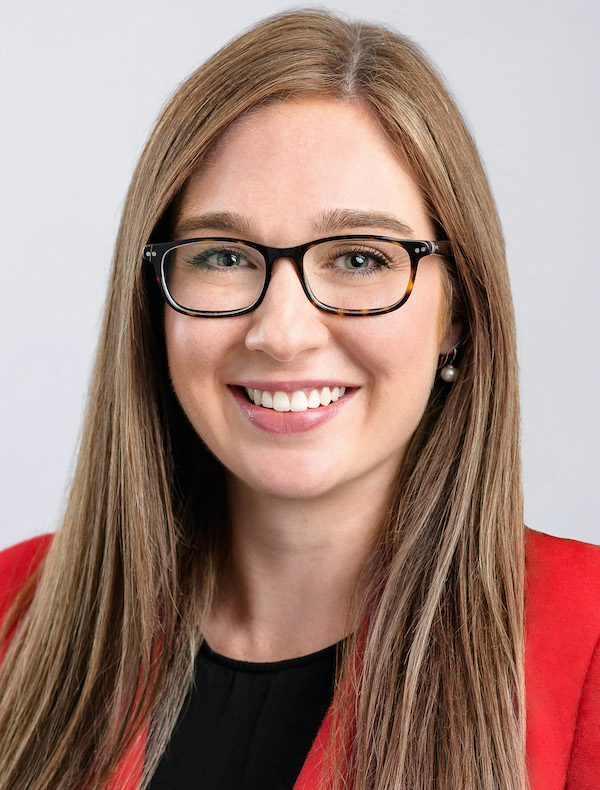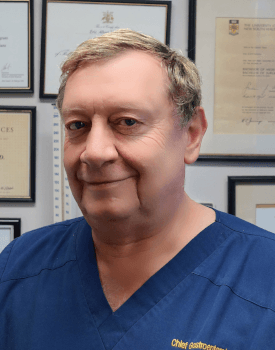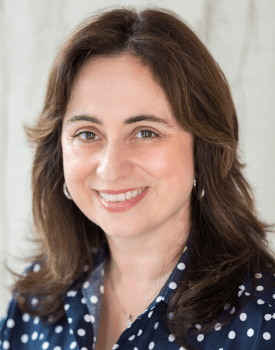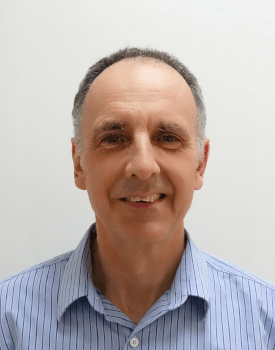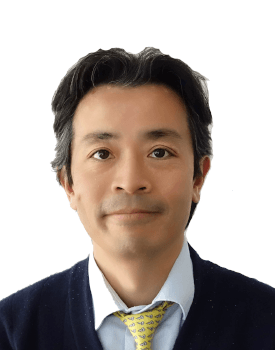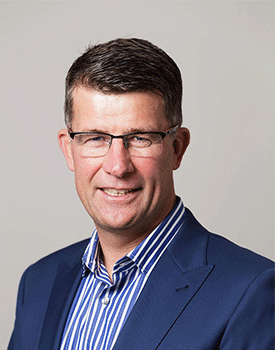HELICOBACTER PYLORI
HELICOBACTER PYLORI
Helicobacter is a bacterium which is the main cause of stomach and duodenal ulcers. This association was first recognised 20 years ago by an Australian, Dr Barry Marshall, who showed that people with ulcers had the organism in their stomach and the ulcer did not recur if the organism was eradicated.
How do you get Helicobacter Pylori?
The organism is almost certainly acquired during childhood, possibly from your mother. It is well protected in the stomach and requires specific treatment for eradication. Once the organism is eradicated the chance of a re-infection in adult life is very low (less than 1%).
Worldwide, 50% of the population are infected with Helicobacter Pylori. In the older Australian population, the prevalence is approximately 40% and it is becoming much less common in the younger population.
What happens if Helicobacter Pylori is not treated?
Twenty percent of people with the organism will develop a peptic ulcer at some time in their life. Presence of Helicobacter Pylori increases the risk of stomach cancer by about sevenfold.
What is the treatment for Helicobacter Pylori?
The usual treatment is “triple therapy” including Losec, Amoxil and Clarithromycin. Other agents may include Flagyl, Tetracycline, or a bismuthate. Treatment is usually for seven days and 80-90% of patients have the Helicobacter Pylori eradicated by one course of tripe therapy. If treatment fails, a different regimen needs to be used in the second course of treatment and in some patients a culture needs to be taken of the organism and drug sensitivity studies done to determine an effective treatment modality.
How do you know when Helicobacter Pylori has been eradicated?
You must wait 6-8 weeks after completion of therapy before tests can effectively indicate that the organism has been eradicated. Your specialist will either recommend a urea breath test or a repeat endoscopy to confirm that treatment has been successful.
OUR SPECIALISTS
SERVICES
OUR ADDRESS
| Level 10 & 11, 1 Newland Street Bondi Junction NSW 2022 |
| Level 10 : Procedures |
| Level 11 : Consultations |


